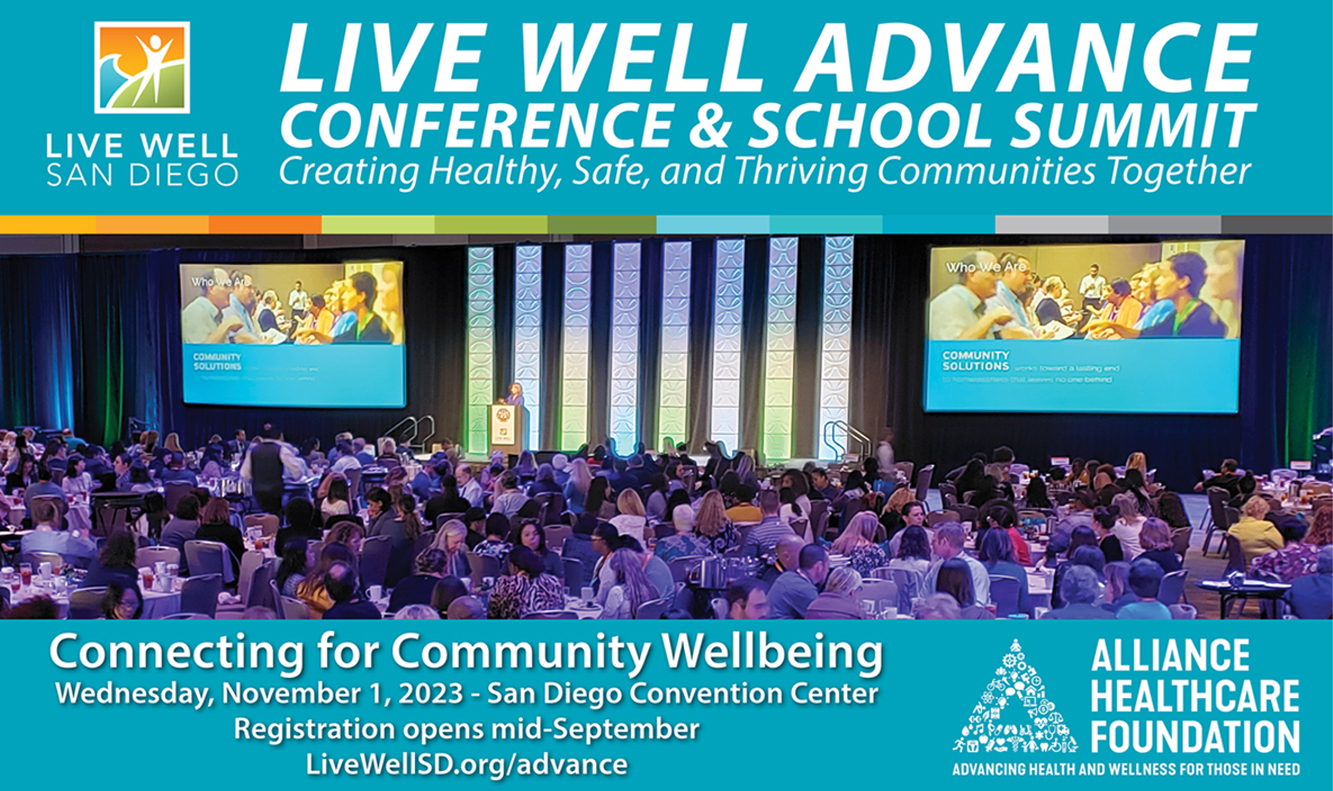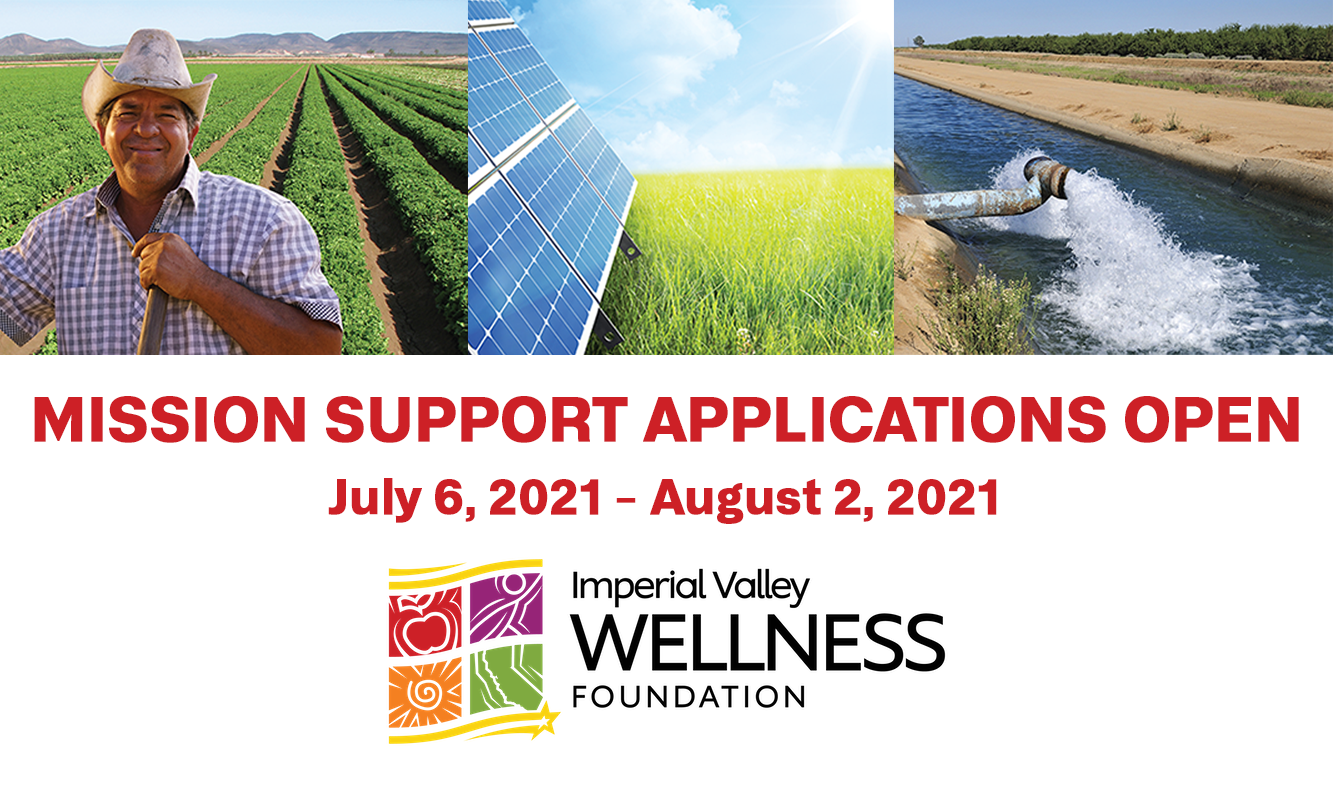April 16, 2020
Commentary: Why so many black Americans are dying from COVID-19 and how to make health care equitable
OPINION
As published in The San Diego Union Tribune
By RODNEY G. HOOD
APRIL 15, 2020
Evidence suggests that during the early phase of the coronavirus pandemic, blacks are suffering the greatest death rates compared to all other ethnic groups. Why? I can assure you that the coronavirus does not discriminate based upon skin color or ethnicity. Instead, it has a predilection for populations with the highest rates of chronic diseases, poor access to health care and too little information from trusted sources.
For decades, the National Medical Association — which represents more than 40,000 black physicians in the United States — has been sounding the alarm that blacks are vulnerable to any disruption in the U.S. health-care system. Compared to all other ethnicities, blacks have higher rates of cardiovascular disease, hypertension, diabetes, asthma, obesity, racialized poverty and poor health-care access. This places the population at greater risk of death during a major environmental catastrophe such as was seen with Hurricane Katrina with the disproportionate deaths of black citizens.
This coverage of the coronavirus pandemic is part of your subscription to The San Diego Union-Tribune. We also provide free coverage as a service to our community.
We should not be surprised that we are seeing the same outcome with this novel coronavirus pandemic: blacks having higher death rates. In Chicago, blacks compose 30% of the population but accounted for 72% of COVID-19 deaths last week, according to Mayor Lori Lightfoot. Milwaukee has a 41% black population but had nearly half of the COVID-19 deaths last week, per a recent report in The Guardian. And in the state of Louisiana, blacks make up 32% of the population but accounted for 70% of the COVID-19 deaths in early April, according to TV reports.
We see similar racial disparities in Michigan, Georgia and New York with disparate COVID-19 deaths for blacks, Hispanics and immigrants. An NPR report on U.S. hospital data from the Centers for Disease Control and Prevention from the first month of the pandemic showed that blacks represent 13% of the U.S. population but accounted for 33% of the patients hospitalized in 14 states with COVID-19.
Decades of ethnohistoric health-care and social inequities have caused current health disparities. In America, blacks experience multiple health and social barriers including racialized poverty, poor health-care access and life-threatening overt and covert structural racism. So when social distancing was ordered, blacks and other vulnerable populations found it difficult to implement. Many lost their jobs, finding themselves with no health insurance and in food lines for the first time. Others who continued to work were considered priority front-line health-care, safety and service industry workers, which placed them at increased exposure to the coronavirus with inadequate information on how to protect themselves and their families. The historic mistrust of the health system within the black communities caused many to consider unfounded myths and untruths as fact, leading many to not take social distancing seriously.
More perspectives about the coronavirus from the black community:
For us to reverse health disparities, we must address the root causes and implement strategies that incorporate what is called the equity principle. That’s the distribution of resources based upon need rather than equal distributions. To achieve equity, we must distribute our limited health resources focused on the populations with the greatest health and social needs. I believe we can attain this goal with national and local coronavirus intervention teams led by trusted community messengers who advise and educate people about specific intervention strategies for vulnerable communities.
Many scientists are predicting that this novel coronavirus will be with us for the next 12 to 24 months, cycling through several viral outbreaks. Currently, there is no vaccine, no effective treatment and no herd immunity. Therefore, unless equitable mitigation and containment strategies are planned for future outbreaks, we will see the same devastating results for blacks and other vulnerable populations. That means we must continue some form of mitigation until a vaccine or other effective treatment becomes available.
Our strategy moving forward should include a public health equity approach that involves:
- Testing and tracing: To obtain data and develop an equitable long-term strategy, we need extensive free testing and contact tracing with a focus on the most vulnerable and high-risk populations, including blacks, Hispanics and immigrants.
- Treatment: When available, we need to ensure access and free coverage for vaccines and treatments with a priority on the identified vulnerable populations.
- Trusted messengers: To overcome the historic justified mistrust of the U.S. health system by blacks, we should engage institutions and individuals that are trusted by this community to deliver needed information on how to survive this and future pandemics.
- Health equity intervention: For us to resolve the issue of health inequities, we need to address preexisting conditions. For blacks, pre-existing conditions include structural racism and racialized poverty that have plagued America since slavery. An equitable solution should focus on disrupting these health and social injustices.
This way, as we prepare for the next environmental catastrophe, a common saying in the black community, “When white folks catch a cold, black folks catch pneumonia!” will never again become a reality.
Hood, M.D., is the president and founder of the Multicultural Health Foundation and the past president of the National Medical Association. He’s been practicing medicine in San Diego for more than 20 years and lives in La Mesa with his family. He is also a Board Trustee of Alliance Healthcare Foundation.
Karen Winston, Communications Director, Alliance Healthcare Foundation
P 858-348-6472 E karen.winston@alliancehf.org
Related News

Jul 13, 2023
July partner news
Partner News + Opportunities Grants, Pro Bono Consulting and Conferences […]

Jul 12, 2022
Imperial Valley Wellness Foundation: Opens 2022 Mission Support Applications
Imperial Valley Wellness Foundation Opens Mission Support Funding Application El […]

Jun 14, 2022
AHF News June 2022
Wanted: Senior Director of Strategy & External Relations and other […]
